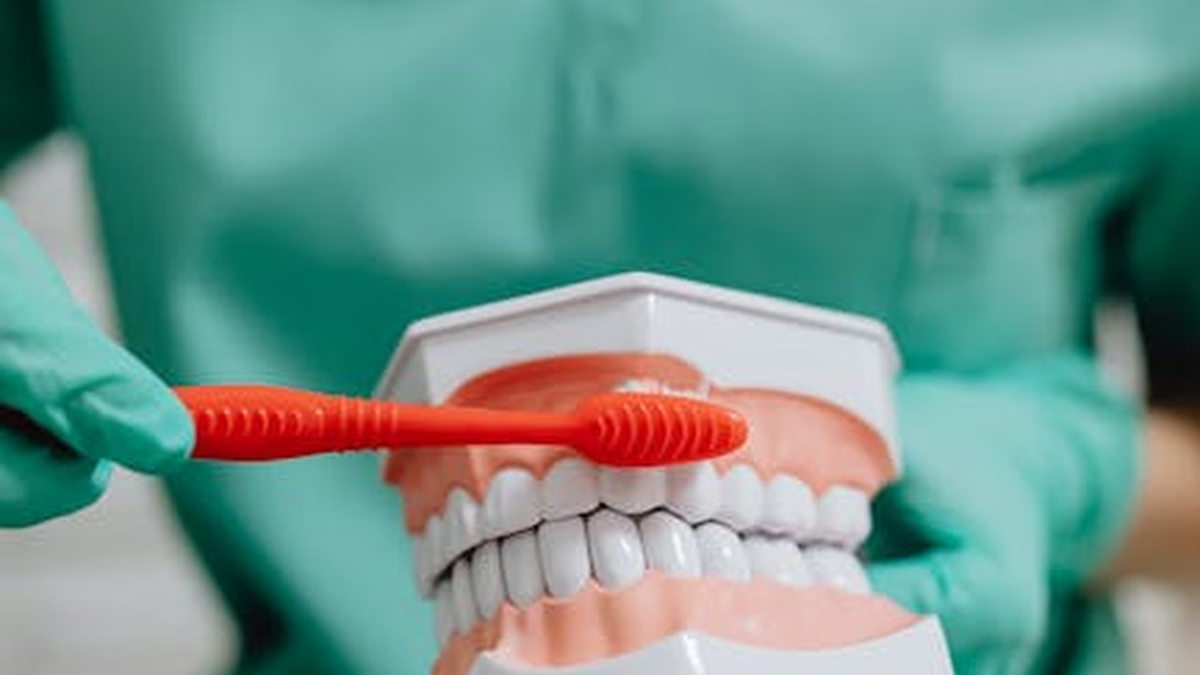Ever wake up feeling groggy, only to notice your mouth feels…off? Maybe it’s dry, maybe your gums are tender, or maybe you just have that general feeling of dental unease. You’re not alone. What many don’t realize is that the hours you spend (or don’t spend) sleeping can have a profound impact on the health of your teeth and gums. It’s a connection that’s often overlooked, but incredibly crucial to understand.
The Sleepless Smile: How Sleep Deprivation Affects Your Mouth
It’s easy to think of sleep as just downtime, but it’s actually a period of intense repair and restoration for your entire body, including your mouth. When you consistently skimp on sleep, you’re essentially short-circuiting this vital process, leaving your oral health vulnerable.
Dry Mouth: A Breeding Ground for Bacteria
Saliva is your mouth’s natural defense mechanism. It washes away food particles, neutralizes acids, and helps remineralize teeth. During sleep, saliva production naturally decreases. However, if you’re not getting enough sleep, this decrease can become chronic, leading to dry mouth (xerostomia). Dry mouth creates a perfect environment for bacteria to thrive, increasing your risk of:
- Tooth decay: Without saliva to wash away acids, your teeth are more susceptible to erosion.
- Gum disease: Bacteria can easily inflame and infect the gums.
- Bad breath: Bacteria produce volatile sulfur compounds, the primary cause of halitosis.
Bruxism: Grinding Your Way to Dental Damage
Sleep deprivation and stress are major triggers for bruxism, or teeth grinding and clenching. Many people grind their teeth unconsciously during sleep, often without even realizing it. This relentless pressure can cause significant damage, including:
- Tooth wear: Enamel can be worn down, exposing the sensitive dentin underneath.
- Jaw pain and headaches: Constant muscle tension can lead to discomfort and pain.
- Cracked or chipped teeth: Extreme pressure can cause teeth to fracture.
- Temporomandibular joint (TMJ) disorders: Bruxism can strain the TMJ, leading to pain and dysfunction.
Weakened Immune System: Less Defense Against Oral Infections
Sleep is essential for a healthy immune system. When you’re sleep-deprived, your body produces fewer cytokines, proteins that fight inflammation and infection. This weakened immune response makes you more vulnerable to oral infections, such as:
- Gingivitis: Inflammation of the gums, which can progress to periodontitis.
- Periodontitis: A severe gum infection that can damage the soft tissue and bone that support your teeth, potentially leading to tooth loss.
- Oral thrush: A fungal infection that causes white patches in the mouth.
Reclaiming Your Sleep, Reclaiming Your Smile
The good news is that you can take steps to improve your sleep and protect your oral health. It’s about making conscious choices to prioritize rest and well-being.
Establish a Consistent Sleep Schedule
Go to bed and wake up at the same time each day, even on weekends, to regulate your body’s natural sleep-wake cycle. This helps optimize hormone production, including melatonin, which promotes sleepiness. Consistency is key.
Create a Relaxing Bedtime Routine
Wind down before bed with calming activities like reading, taking a warm bath, or listening to relaxing music. Avoid screen time for at least an hour before bed, as the blue light emitted from electronic devices can interfere with sleep.
Optimize Your Sleep Environment
Make sure your bedroom is dark, quiet, and cool. Use blackout curtains, earplugs, or a white noise machine if needed. A comfortable mattress and pillows are also essential for good sleep.
Address Underlying Sleep Issues
If you suspect you have a sleep disorder like sleep apnea or insomnia, talk to your doctor. Addressing these underlying issues can significantly improve both your sleep and your overall health, including your oral health. Don’t delay seeking professional help; it can make a world of difference.
Hydrate and Maintain Good Oral Hygiene
Drink plenty of water throughout the day to combat dry mouth. Brush your teeth twice a day and floss daily to remove plaque and bacteria. Consider using a fluoride mouthwash to further protect your teeth.
A Brighter Future Starts Tonight
The link between sleep and oral health is undeniable. By prioritizing sleep and adopting good oral hygiene habits, you can protect your teeth and gums and enjoy a healthier, happier smile. It’s not just about vanity; it’s about investing in your overall well-being. Think of each night’s sleep as an opportunity to recharge, repair, and revitalize – not just your body, but your smile, too. Start tonight, and wake up to a brighter, healthier future.





